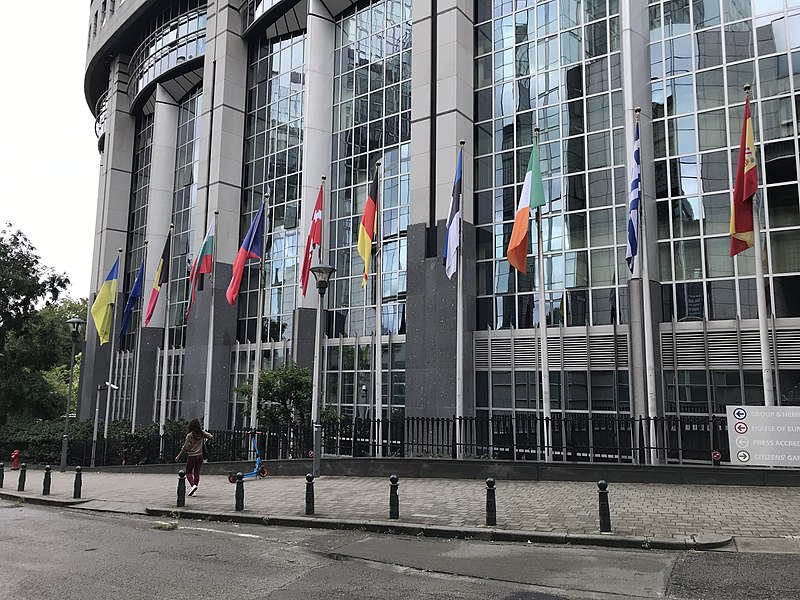
Spain’s upcoming EU Council presidency will bring intense discussions on EU enlargement and institutional reform of the EU’s decision-making process, according to Czech Minister for European
Affairs Mikuláš Bek. During the Czech EU presidency, which Bek chaired in the second half of 2022, no progress was made on EU reform, leading to an increasing number of EU countries highlighting that EU enlargement is tied to changes in the decision-making process.
Bek views the discussions as “very sensitive” and wants the Czech Republic to play an active role in ensuring that long-term priorities are maintained. These include the defence of subsidiarity and efficiency while preserving legitimate national interests.
During a press conference on Tuesday, Bek stated that the debate would be intense ahead of the European Parliament elections and that it could gain momentum during the Spanish Presidency during the second half of the year.
The Czech EU Presidency had planned to initiate a debate on EU reform by sending a questionnaire to member states. However, according to Czech officials, EU countries have been hesitant to share their ideas and visions in written form.
Meanwhile, the European Parliament is exerting strong pressure to move forward with EU reform, based on the outcomes of the Conference on the Future of Europe, where most citizens expressed their willingness to change the decision-making process at the EU level.
The Czech Republic, as a supporter of EU enlargement, wants to ensure that the discussion on institutional change remains focused on long-term priorities while maintaining legitimate national interests. Subsidiarity and efficiency are two of the critical areas that the Czech Republic wants to preserve in any EU reform.
Bek believes that the discussion on institutional reform is highly sensitive and will require the active involvement of all EU member states to ensure that any changes made do not undermine the long-term goals of the EU. He also emphasized that the discussion on EU enlargement cannot be divorced from the debate on institutional reform.
The Spanish Presidency, which will take over in the second half of 2023, is expected to intensify the discussions on EU enlargement and institutional reform. The Czech Republic is keen to ensure that it plays an active role in these discussions and that long-term priorities are not sacrificed in any attempt to push through changes to the decision-making process at the EU level.
In conclusion, the debate on EU enlargement and institutional reform is likely to remain intense in the coming months, with the Spanish Presidency expected to bring a renewed focus on the issue. The Czech Republic, as a supporter of EU enlargement, wants to ensure that any institutional changes made preserve the principles of subsidiarity and efficiency while upholding legitimate national interests.









































